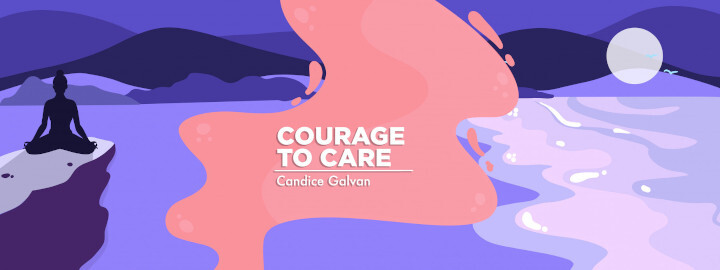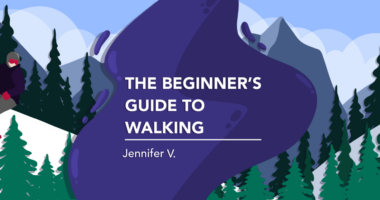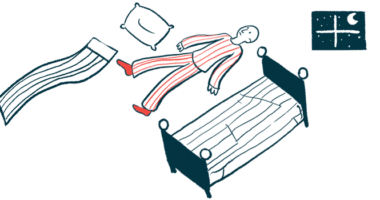Finding Connection and Community in Support Groups

After experiencing all of the challenges that came with my 13-year-old daughter Bella’s neuromyelitis optica (NMO) diagnosis and the rareness of the disease, I wanted to find a way to connect with other NMO patients and caregivers. Bella was so young that I felt I needed the connections to help me understand what she was experiencing, and how I could help. I had never joined a support group, so I had some research to do.
Within just a few days, I learned that I should try different support group settings to find the group I’d be most comfortable in. The Mayo Clinic notes that support groups may be led by a layperson or a medical professional, and can be small or large. Some allow you to remain completely anonymous.
The first support group I found was the Guthy-Jackson Charitable Foundation for NMO. It offered a monthly caregiver phone call, which I immediately signed up for. I learned a lot from the monthly caregiver meetings and heard so many unique, courageous, and uplifting stories. I knew that if others could thrive while living with NMO, Bella would, too!
Over the past four years I have been able to try various types of support groups to connect with and meet other patients and caregivers from around the world. So many people were very kind to us as we began our NMO journey, and I feel as though I’m paying it forward by helping others who are new to the NMO world. I find it especially important to reach out to parents and caregivers of newly diagnosed pediatric patients, because I never want anyone to feel alone on their journey.
At the start of the pandemic, the Sumaira Foundation for NMO began a very special patient/caregiver-led support group called the Human Collective Project (HCP). During HCP, patients and caregivers are invited to join a one-hour or 90-minute session where we can share laughs, tears, joys, challenges, and any other issues on our mind. Nothing is off-limits, and we all provide unconditional support to each other. I even had the opportunity to host an HCP meeting, and am looking forward to connecting with more people in 2022 through the project.
Even though I had to try a few different groups to find the right one for me, I am so grateful to have found this type of support. It makes the journey a little less lonely, and has helped me immensely with taking care of Bella. Through my connections with other patients, I’ve learned about NMO symptoms and how to advocate for Bella’s healthcare needs, and I’ve been able to teach Bella more about the symptoms she is experiencing and when to ask for help.
By joining NMO-related support groups, we have built lifelong friendships with other patients and caregivers whom we now call family. Bella knows that she can reach out to others with NMO for support when she needs it. It is a great feeling to be supported and to have the ability to support others as well.
***
Note: Neuromyelitis News is strictly a news and information website about the disease. It does not provide medical advice, diagnosis, or treatment. This content is not intended to be a substitute for professional medical advice, diagnosis, or treatment. Always seek the advice of your physician or other qualified health providers with any questions you may have regarding a medical condition. Never disregard professional medical advice or delay in seeking it because of something you have read on this website. The opinions expressed in this column are not those of Neuromyelitis News, or its parent company, Bionews, and are intended to spark discussion about issues pertaining to neuromyelitis optica spectrum disorder (NMOSD).








Elaine Sullivan
My niece has NMOSD. She is 38 years old. She has contracted viral meningitis and the last few weeks have been a nightmare. I'm wondering if anyone else with NMOSD has had viral meningitis and what treatments they may have received. She has had 5 antibody infusions and we are hoping that she will get better.
Thank you